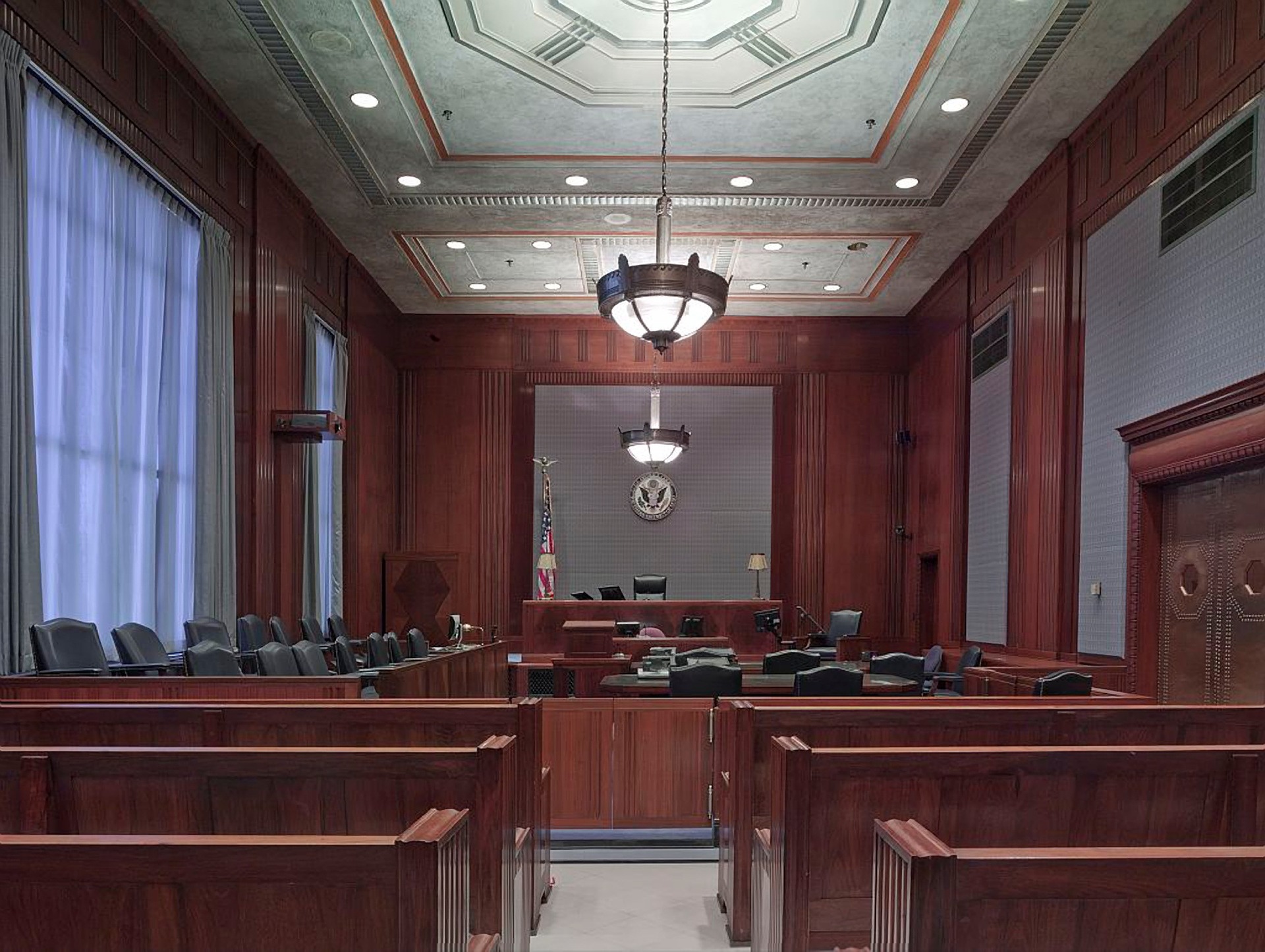It’s the day before the big hearing. The Motion was perfect; Opposition just ok – no surprises, and your Reply crushed it. This is the second time you will be arguing your Summary Judgment Motion. A Rule 56(f) Opposition carried the day six months ago; but it’s more than ripe this time around.
You sit down to download all three pleadings to your iPad; with exhibits they total about a foot-thick of paper. But, in PDF format, the files are too big for the storage left on the device. To make matters worse, you wanted to download a few other things for the hearing as well – their Opposition from the last hearing (since it makes a few arguments that help you this time around), the latest round of discovery responses (a perfect Interrogatory answer from their CIO exists), and a bunch of photos of your client’s product and their infringing product that your expert just testified to at his deposition last week.
The next two hours are spent deciding if you really need all the exhibits to the pleadings, what else you really need, and considering what you could take off your iPad. WASTED TIME and ADDED STRESS. As if you need either of those on the day before the hearing. Finally, you decide to leave the Opposition exhibits and the new expert photos off the download, and remove a few unrelated things from the iPad and off you go.
Let’s take the worst-case scenario, and play it out. During argument opposing counsel brings up a document from her exhibits – that you did not think was important enough to address in your outline – and it’s not on your iPad. She also talks for a while about your expert’s deposition and two of his photos – which you don’t have either.
As prepared and articulate as you may be, you simply cannot address the nuances of her arguments on those three pieces of evidence since they are not right in front of you. Motion DENIED.
I understand that in this hypothetical you could have hand-carried the documents to court. But the point is, even when we carry twelve inches of material to court and/or download all the related pleadings, every now-and-then a question is asked or argument made related to a document we just did not have. Sure, sometimes the judge will give us more time to address the evidence, but would it not be better to just have access to your entire case file – no matter how big?
This scenario happened to me a few times in my 18 years of litigation. Sure, there was more than one time where I simply forgot to grab part of the file on the way to court. But far more often, opposing counsel would bring up something completely unrelated to the issue, or from a prior hearing or long-ago completed discovery. Every now and then, a judge would ask for something very specific or something silly like a date of service on Interrogatory packet #3. In these instances the ability to access all your documents can be the difference between winning or losing your case. It’s important for any attorney to do their research on finding the best file management tools to ensure they have the important information on hand at all times.


